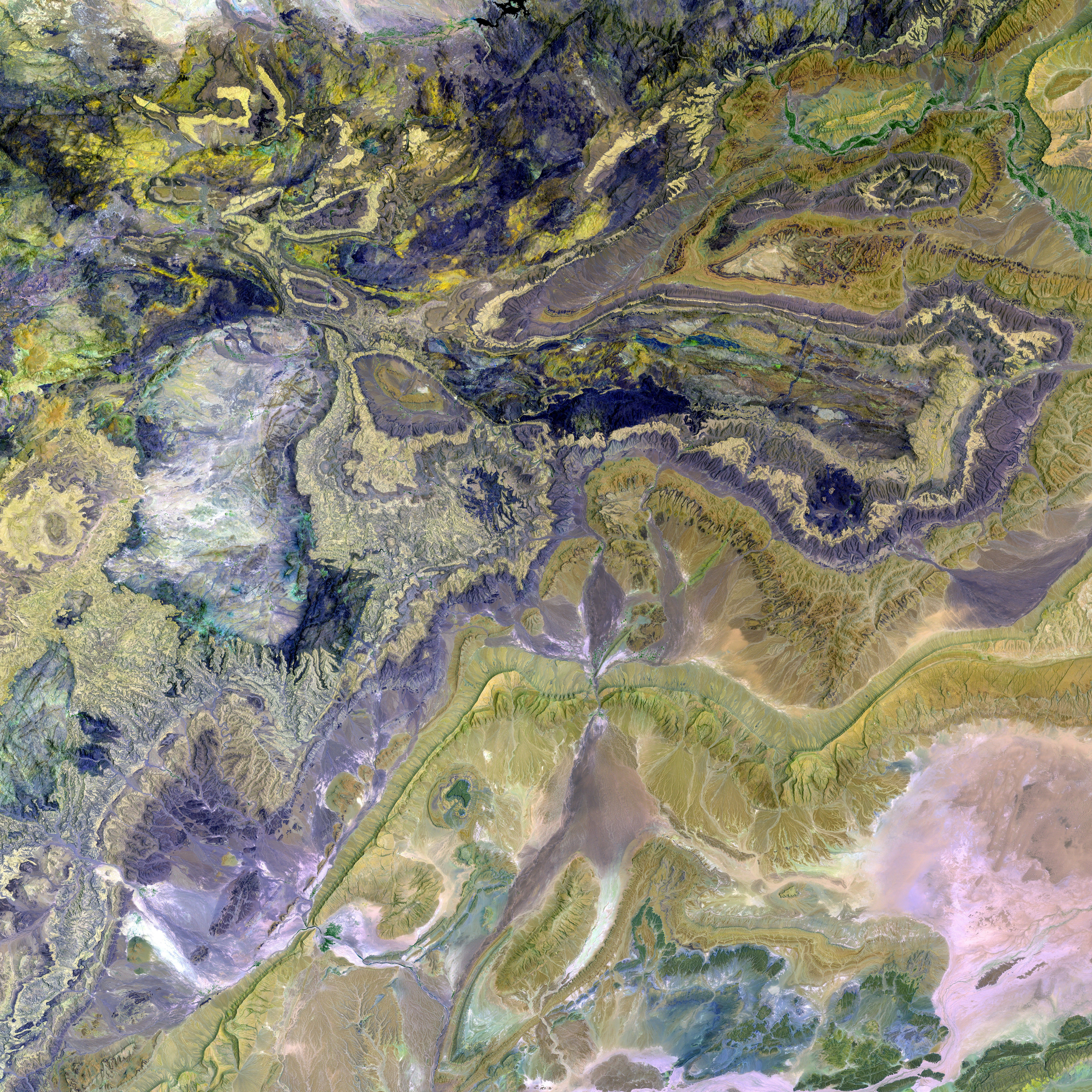Science Investment in Kazakhstan Uncertain to Influence Future Aspiring Scientists?
⚡️ The Struggle and the Surge: Kazakhstan's Science Journey ⚡️
In the vast expanse of Central Asia, Kazakhstan stands resolute, striving to catapult itself into the global scientific sphere while tackling persistent challenges within its scientific community.
Photo credit: e-history.kz
A peek into the numbers:More than 25,000 scientists call Kazakhstan home, with nearly 20,000 master's students and 905 doctoral candidates graduating yearly, contributing to its burgeoning scientific workforce. About a third of researchers are under 35, a promising sign for the future.
Science: The New Gold Rush
From a modest 80.2 billion tenge (US$155 million) in 2020, Kazakhstan's science budget has grown dramatically to 172.6 billion tenge (US$333.8 million) in 2023. Projections reveal a staggering 703.6 billion tenge (US$1.3 billion) budget for 2024-2026, marking a 9% increase compared to the previous three-year cycle.
In 2024 alone, an astounding 177.3 billion tenge (US$343 million) was allocated from the national budget to support science. Funding streams encompass program-targeted grants, research grants, commercialization projects, baseline funding, and fundamental research.
An Uneven Research Landscape
Yet, despite these increases, R&D spending continues to hover at just 0.16% of GDP, far below the global average. Kazakhstan ranks 124th globally in science investment, with Israel, South Korea, the United States, Belgium, and Sweden significantly outpacing it. Kazakhstan aspires to reach the international benchmark of 1% of GDP in R&D spending.
Applied research receives the lion's share of funding (64.9%) compared to fundamental research and experimental development. Engineering and technology, along with the natural sciences, are major focus areas, receiving 35.4% and 34.8% respectively.
A staggering 80% of R&D investment is funneled toward urban and industrial centers, with Almaty and Astana grabbing the largest shares.
Reforms and Moving the Needle
Government reforms have bolstered the science sector, granting state status to the National Academy of Sciences and adopting a new law on science and technological policy to boost research, innovation, and professional development. Researcher salaries have risen by 18%, with additional increases planned for 2025.
Currently, nearly 2,300 scientific projects, 299 scientific and technical programs, and 206 commercialization initiatives are underway, with young scientists leading 1,055 of these projects. Kazakh researchers have published 21,506 articles in international journals between 2019 and 2023, with 63.83% of these articles being cited by other scientists.
The Challenge, Unveiled
Despite the surge in funding and investment, Kazakhstan grapples with limited youth engagement in science. Inspiring a new generation of scientists is essential for the long-term growth and sustainability of the science sector. The sector's popularity among graduates is modest, with most preferring industry jobs.
Public skepticism over nuclear energy poses another significant challenge, fueled by past experiences. Overcoming this skepticism will be vital for the adoption of nuclear power as a primary energy source.
In addition, integration and infrastructure challenges in areas like renewable energy stem from limitations in storage capabilities and erratic supply, necessitating innovative solutions.
Future-Gazing in Central Asia
To foster a vibrant research culture and inspire the next generation of scientists, Kazakhstan should invest in financial incentives and make science more visible, engaging, and relevant to young people. Building effective collaboration models between academia, government, and industry can help bridge the gap, fostering an ecosystem that supports and nurtures scientific talent.
Through targeted programs in schools, encouraging early exposure through Olympiads and scientific competitions, and ensuring adequate resources for scientific literacy, Kazakhstan can build a foundation for a more science-savvy future. Equally important is stronger legal protection for researchers, with a dedicated chapter outlining their rights and legal status within the new science and technology policy.
Science has the power to transform lives and economies, offering boundless prospects for personal growth and meaningful contributions to society. By addressing the identified challenges and prioritizing investments in strategic areas, Kazakhstan can take a giant leap towards becoming a leading scientific powerhouse in Central Asia.
In the words of Muslim Khassenov, an associate professor and ombudsperson for young scholars: "Science is a calling. Each discovery is a step into the future. It offers meaning, a chance to be part of something larger, to influence social progress, develop technologies, and tackle real-world challenges." #ScienceInCentralAsia #Kazakhstan #Research #Innovation #YouthEngagement #ScientificLiteracy #PolicyReforms
- To further bolster its scientific advancement, it's crucial for Kazakhstan to broaden its focus beyond science and technology, delving into education-and-self-development, nurturing a new generation of science enthusiasts.
- As finance plays a pivotal role in shaping Kazakhstan's journey towards becoming a leading scientific powerhouse, effective allocation of resources and financial incentives will be key in inspiring young talent and advancing research in the technology sector.






